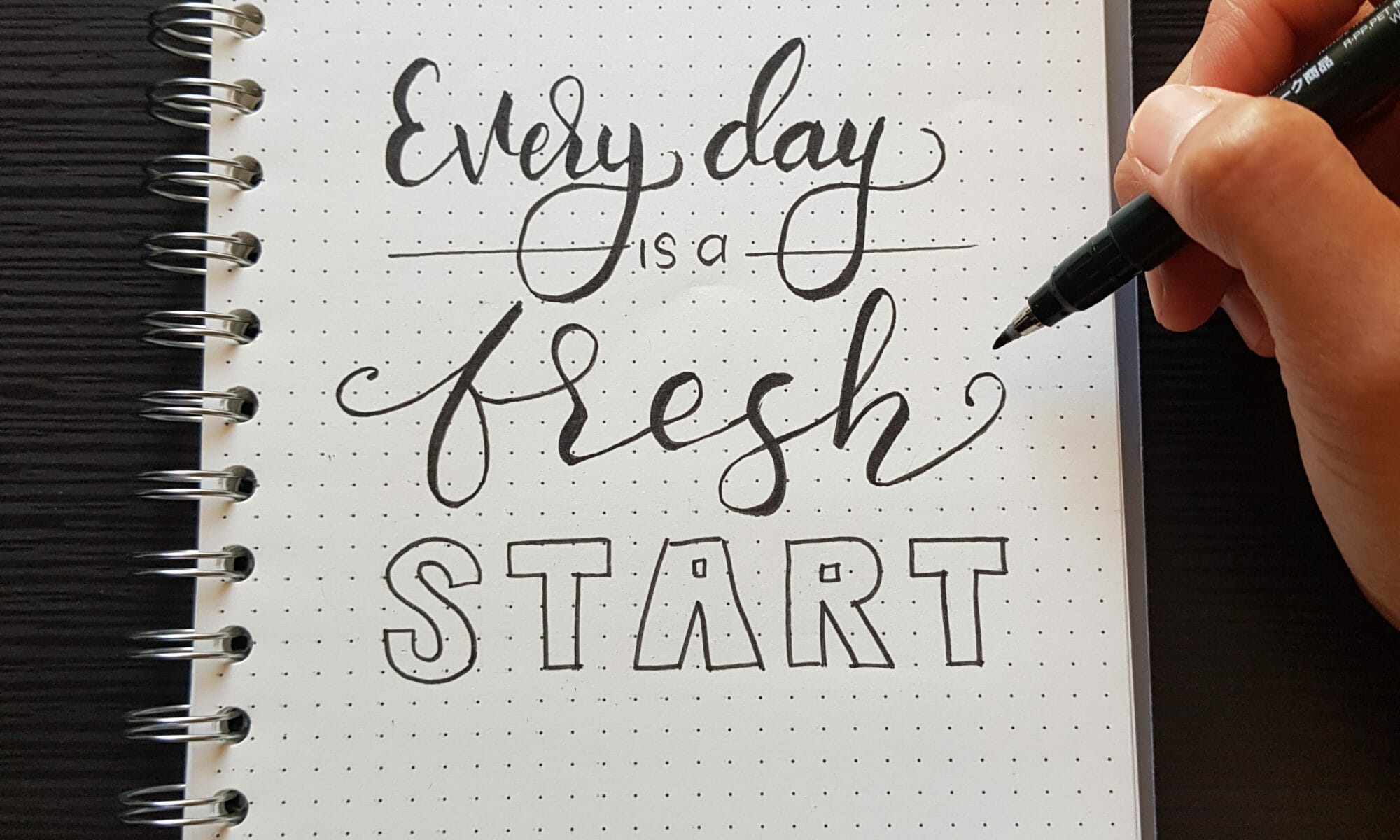Narcissism is a major problem. 1% to 15% of the population suffers from narcissism. Some people have narcissistic personality disorder, while others struggle with some narcissistic symptoms.
Narcissism becomes an even worse problem when it comes to split custody. A narcissistic co-parent can make the separation and parenting processes far harder than they need to be. Yet you can get help.
What exactly is narcissism? How can narcissism impact a person’s parenting, and how can you help your child? What should you do to keep a narcissistic co-parent from affecting your life?
Answer these questions and you can be an effective co-parent in spite of your ex. Here is your comprehensive guide.
The Basics of Narcissism
A personality disorder is a mental disorder. A person with one has patterns of thoughts and behaviors that are unhealthy or destructive. They may be aware of the consequences of their actions, yet they cannot change them.
Narcissistic personality disorder (NPD) impacts a person’s ego. They have a larger-than-normal sense of self-importance and skills.
A person may exaggerate their achievements, including lying about successes in their life. They may be preoccupied with their fantasies of success and power. They may believe they are special and refuse to associate with any “normal” people.
At the same time, they may come across as insecure. They may perform stunts so people will give them attention. They may fish for compliments or ask for approval repeatedly.
Signs of Narcissism
A person can come across as narcissistic in many different ways. They may come across as intelligent and capable during initial conversations. During first dates, they may shower their partner with signs of love and affection.
Yet as time goes on, they may express an idealized view of their partner. This may come across as flattering, but it can also be arrogant. The person with NPD may say that the two of them are more special than everyone else.
The person with NPD may prioritize their needs over the needs of their partner. They may stay for longer hours at work, or they may ask their partner for special favors.
If the two go through a divorce, the person with NPD may insist on longer hours for child custody. They may also insist on having a greater share of the marital property.
They may attack their ex in court, insisting that they are not fit to be a parent. They may initiate confrontations and enjoy how they make their ex and child upset.
Keep in mind that the signs of NPD overlap with those of other mental health conditions. Bipolar disorder can lead to someone feeling egocentric or pulling stunts for attention.
A person can have NPD and another mental health condition. They can also develop a substance abuse disorder. They may abuse a substance to cope with their lack of attention or to soothe their insecurities.
How Narcissism Can Affect Parenting
NPD can affect a person’s style of parenting in a few different ways. If you have a narcissistic ex-husband or a narcissistic ex-wife, you need to understand how they function as a parent. Monitor them closely and adjust your parenting style so you can support your child.
The Achievement-Obsessed Co-parent
A narcissistic co-parent may be obsessed with their child’s achievements. They may insist that their child be the best, including through their physical appearance.
They may praise their child, but only when they accomplish something. When the child does something wrong, they may criticize them harshly. They may neglect their child when they need help because they don’t want to see their child as weak.
The Self-Obsessed Parent
The parent may demand admiration from their child. They cannot tolerate any disagreement or criticism. They praise their child when they follow their orders, but they scorn them when they disagree.
Children with self-obsessed parents have low self-esteem. They may denigrate themselves and refuse to take leadership positions at school.
The Prioritizing Parent
Someone with NPD who has multiple children may prioritize one child over the rest. This child may have skills that their siblings do not have. They shower this child with praise while neglecting everyone else.
The prioritized child may have mixed feelings about this. They may feel guilty that they are receiving more praise than the other children. They may become confused when they don’t receive praise at school or at work.
Their siblings may lose self-esteem. They may distance themselves from the prioritized child, forming a rift in the family.
The Abusive Parent
Not all parents with NPD are necessarily abusive. Yet there are parents whose narcissism leads them to physical and sexual abuse.
They may regard their children as servants. When they act out of line, they use physical force in order to get their way. They may engage in sexual behaviors with their children due to a lack of empathy.
Set Your Boundaries
Once you understand how your narcissistic co-parent is behaving, you can understand how you should behave. Unless your co-parent is abusive to you or your children, you should interact with them. Remaining in communication will make things like dividing school-related expenses easier.
Yet you do not have to be in constant communication with your ex. Establish times during which you will not talk to them, even if they reach out to them.
Establish what you will and will not talk about. You can limit your conversation to the welfare of your child or to finances. You can avoid talking about everything else.
You are not obliged to speak to your co-parent if you both attend an event. Make it clear to them that you will not communicate with them at the venue. If they try to talk to you, say something like, “I don’t want to talk with you right now, but I hope you have a good night.”
If you do meet with your co-parent, bring someone with you. They can monitor the conversation and end it if it stops being productive.
If your co-parent has a partner, your boundaries should apply to them. You should not communicate with them unless something requires their attention. You should also avoid talking to your co-parent’s family members, including their parents and siblings.
They may become a stepmom or stepfather to their partner’s child. It is not your place to intervene with that relationship. Focus on your own child.
Split Custody With a Good Parenting Plan
All separated parents need to make a parenting plan. This will make co-parenting far easier and create a smoother separation process.
You can follow most traditional tips for writing a parenting plan. You should have conversations with your ex during which you break down aspects of parenting. You should decide how you will divide parenting time and important responsibilities.
You can talk to a lawyer. You can also find a mediator or a third party who will help you come to a mutual consensus. If you do not want to talk directly to your ex, you can have your attorney talk on your behalf.
Keep the priority on your child. Figure out where they are going to live and attend school. Devise ways of covering their expenses, including food and clothing.
If you do not want your co-parent to have custody, you should stand your ground. Go to court and propose options for a visitation schedule.
You can also divide physical custody while you have full legal custody. You can receive spousal or child support if you need it.
Consider Parallel Parenting
Parallel parenting is the best parenting model for divorced parents who don’t want to see each other. It is good for any situation involving a co-parent who has a mental illness.
Both parents will be involved in raising their children. One parent may have visitation rights only.
Yet the two interact on limited occasions. They may see each other when one parent drops off the child. They may communicate with each other during an emergency.
But that is the full extent of their interactions. One parent raises the child their way, and the other raises them their way. In effect, each parent serves as a single mom or a single dad.
Parallel parenting will prevent your narcissistic co-parent from harming you. Yet you should be attentive to your child. If it seems like your co-parent’s parenting style is harming your child, you should intervene.
Be Calm
Many people with NPD like to feed off other people’s emotions. They may instigate a conflict just to make the other person upset. This is especially the case with people they do not like.
Do not take the bait that your co-parent is throwing out there. When they make a comment you do not appreciate, take a deep breath and respond without emotion.
Never make a personal attack on your co-parent. Yelling at them may escalate the situation.
When you need to let emotions out, you should do so. Once you are done talking with your co-parent, head outside and find some catharsis.
Dodge Narcissist Triggers
A person with NPD may become triggered. A stunt they made for attention may have gone unnoticed. Someone may have caught them breaking a rule, or they may have suffered a setback in their personal life.
This can cause their symptoms to become worse. They may fly into a rage, threatening other people and using violence to get their way. This rage can occur with minimal warning.
Make sure you do not trigger your narcissistic ex. Do not bring up anything personal in your conversations with them, especially about their romantic life.
Whenever you are concerned about the welfare of your child, you should contact someone. You do not have to call the police if you don’t want to. You can ask a friend, relative, or crisis center to check in to make sure everything is okay.
Affirm Your Child
Don’t let your co-parent distract you from your child. Spend plenty of time with them. Engage in their hobbies and help them with their schoolwork.
Praise your child when they do something right. But console them if something goes wrong or if they make a mistake. Work with them on how they can improve their skill so they don’t make the same mistake again.
If they do something wrong, you can discipline them. But don’t go over the top. You can give them a timeout, but don’t take away food or water from them.
You can have conversations with your child about their well-being. Yet you should not make it about the co-parent. Ask them to focus on themselves, their feelings, and their health.
Be attentive to the signs of child abuse. Contact someone if you notice several signs in any child, including ones you don’t have custody of.
Think About Counseling
Parenting in and of itself is stressful. Delegate plenty of time for self-care. Attend to your hobbies, talk to your friends, and find personal fulfillment in some way.
You can talk to a mental health counselor if you find you have a lot of stress. Come up with some solutions to handle your personal problems. Devise some tips to cope with your anxiety.
You may need to take medications. This does not make you weak. Medications can mitigate your symptoms and help you become a better parent.
Do not recommend that your co-parent get counseling. They may take this as a sign of disrespect. But you can recommend counseling to other family members who may benefit from it.
Deal With a Narcissistic Co-parent
You can split custody with a narcissistic co-parent. They may come across as arrogant, haughty, and self-centered. This can lead them to neglect or even abuse a child.
Enforce hard boundaries with your co-parent. Avoid personal or emotional conversations with them. This has the added benefit of avoiding narcissistic triggers.
Draft a good parenting plan and consider parallel parenting. Affirm your child and make sure they are doing well. Get yourself self-care so you combat your anxiety.
Find resources that will help you and your children. 2houses provides great guides and online apps. Create an account today.















